Australian Defence Minister Peter Dutton has declared that the country will not surrender its sovereignty to appease Beijing following outrage over the cancellation of its Belt and Road Initiative (BRI) agreement with Victoria.
The comments come after the Chinese Foreign Ministry spokesperson threatened retaliation if Australia did not wind back its decision.
“We’re not going to have our values compromised. We aren’t going to surrender our sovereignty,” Dutton told Nine News on Friday.
“We are standing up for who we are. We’ve got very important diplomatic relations with many countries, including China, but we aren’t going to be compromised by the principles of the Communist Party of China.”
Dutton also took aim at the Chinese regime for its build-up of military bases in the South China Sea and for launching cyberattacks against Australia.
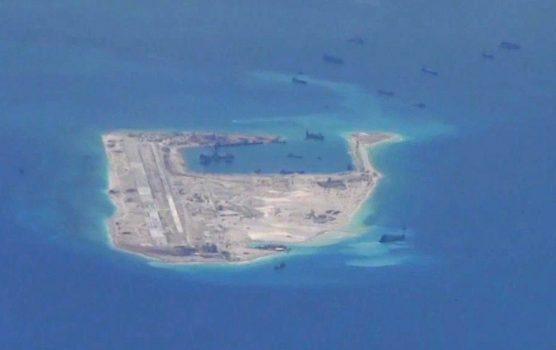
“All of that is not the actions of a friend,” he said.
“We need to make sure that yes, we’ve got an important trading relationship, but China and others need to understand that Australia is not going to be bullied.”
“I consider these four arrangements to be inconsistent with Australia’s foreign policy or adverse to our foreign relations,” Payne said.
Two of those deals were signed between current Victorian Premier Daniel Andrews and Beijing’s National Development and Reform Commission.
The first cancelled arrangement was a Memorandum of Understanding signed in 2018 that saw Victoria pledge to work on infrastructure projects within Beijing’s Framework of the Silk Road Economic Belt and the 21st Century Maritime Silk Road Initiative, commonly known as the Belt and Road Initiative (BRI).
The second axed Framework Agreement was signed by Andrews in 2019. A third was supposed to be signed in 2020 but did not eventuate.
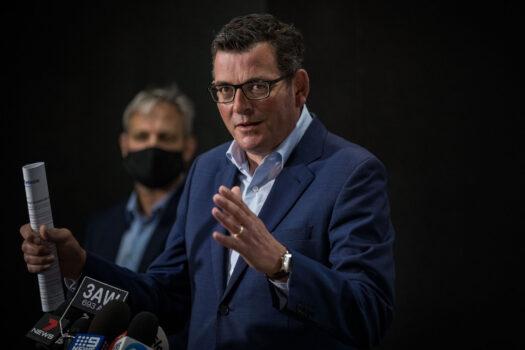
The Chinese Embassy in Canberra criticised the move, labelling it “unreasonable and provocative.” While Foreign Ministry spokesperson Wang Wenbin urged Australia to “revoke” the decision or Beijing would “resolutely take strong actions.”
The Federal Deputy Opposition Leader Richard Marles said Australia needed to stand up for its values but criticised the government’s approach to foreign policy, saying it needed “adults in the room.”
“It’s a difficult relationship, though, and it needs to be managed properly,” he said.
“You need adults in the room when it comes to foreign policy. This is not something you do in the schoolyard,” Marles said. “The prime minister doesn’t do foreign policy, and we’ve got a foreign minister who is basically in hiding.”
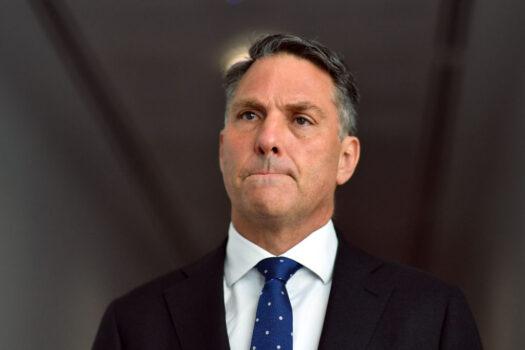
The law granted the foreign minister the power to void agreements signed between foreign entities, and subnational Australian governments and public universities.
Other controversial agreements that could come under scrutiny include sister-city arrangements, Confucius Institutes, and academic partnerships.
The BRI is Beijing’s trillion-dollar global infrastructure fund that has been accused of being a vehicle for the CCP to expand its global hegemony.
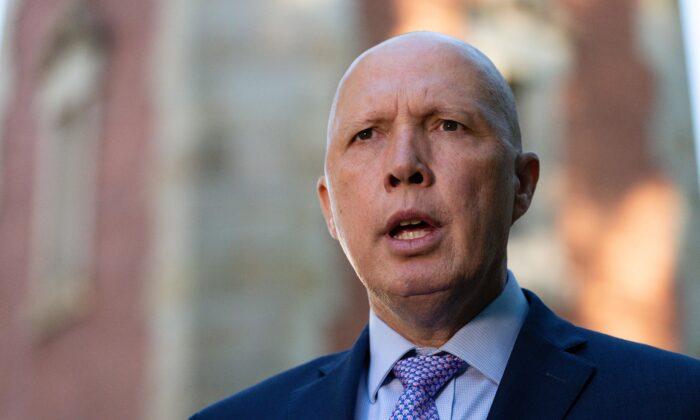


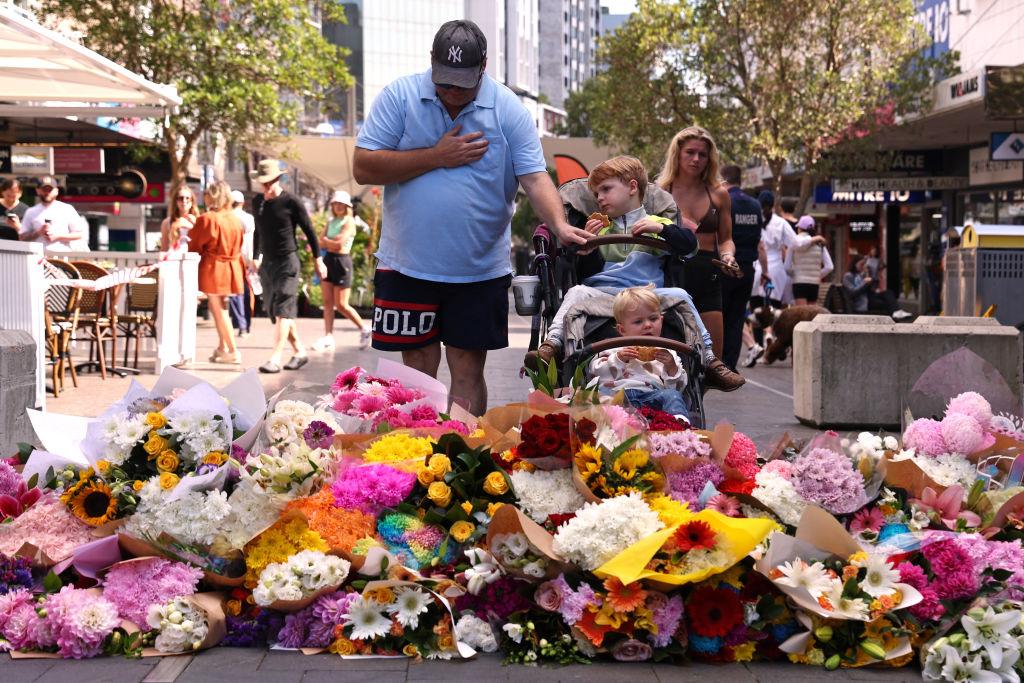

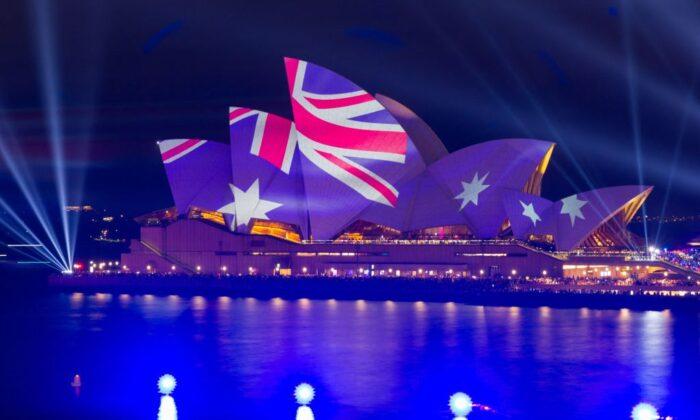
Friends Read Free